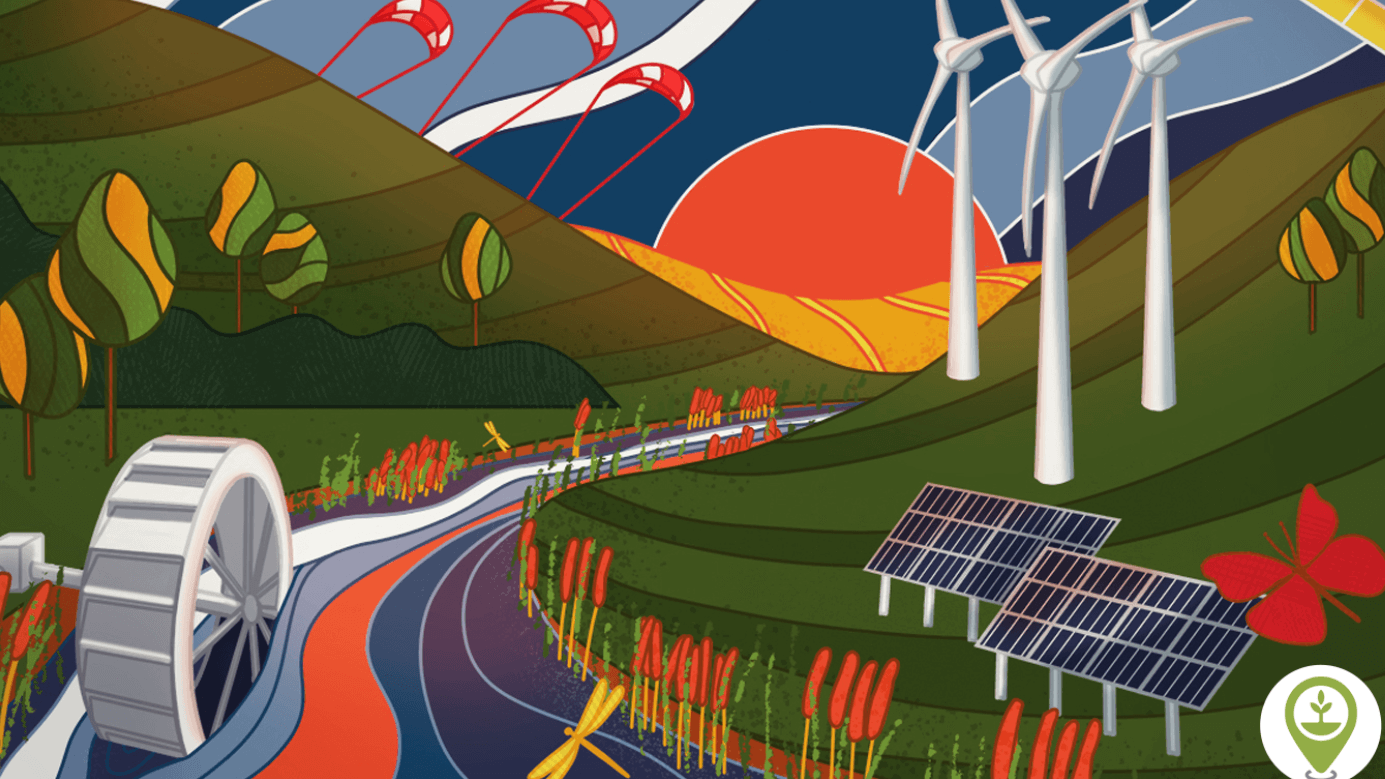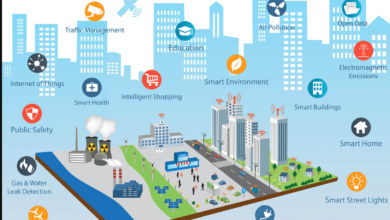The Role of Technology in Addressing Climate Change

Technology stands at the forefront of combating climate change, offering innovative solutions across multiple sectors. Advances in renewable energy enhance efficiency and accessibility, while smart agriculture practices optimize resource utilization. Carbon capture technologies aim to reduce emissions effectively. Moreover, sustainable transportation options are reshaping mobility. Each of these developments plays a vital role in fostering a more sustainable future. However, the complexities of implementation and integration remain to be explored.
Renewable Energy Innovations
Numerous advancements in renewable energy technologies are reshaping the landscape of sustainable energy production.
Innovations such as solar panels with enhanced efficiency, wind turbines designed for lower wind speeds, and energy storage solutions are empowering individuals and communities.
These developments foster energy independence, reduce reliance on fossil fuels, and promote a cleaner environment, ultimately contributing to the pursuit of a liberated, sustainable future for all.
Smart Agriculture and Food Systems
How can technology transform agricultural practices to enhance food systems?
By integrating smart sensors, precision farming, and data analytics, farmers can optimize resource use, reduce waste, and increase crop yields.
These innovations empower producers to make informed decisions, fostering resilience against climate impacts.
Ultimately, technology promotes sustainable practices that liberate food systems from inefficiencies, ensuring a more secure and equitable future for all.
Carbon Capture and Storage Technologies
As agricultural practices evolve to combat climate change, the focus on carbon capture and storage (CCS) technologies is gaining momentum.
These innovative solutions capture carbon dioxide emissions from various sources, storing them underground to prevent atmospheric release.
Sustainable Transportation Solutions
While the global demand for mobility continues to rise, the need for sustainable transportation solutions has become increasingly urgent.
Innovative technologies, such as electric vehicles and efficient public transit systems, offer pathways to reduce carbon footprints. Emphasizing shared mobility and alternative fuels empowers individuals to travel freely while minimizing environmental impact.
Ultimately, adopting these solutions fosters a harmonious balance between personal freedom and ecological responsibility.
Also read: Understanding Cybersecurity in the Age of Digital Transformation
Conclusion
In the grand tapestry of environmental stewardship, technology weaves vibrant threads of innovation and hope. As renewable energy dances with smart agriculture, and carbon capture silences the whispers of excess, a new era emerges—one where sustainable transportation charts a course towards a greener tomorrow. This symphony of advancements not only combats climate change but also paints a brighter future, inviting all to join in the harmonious pursuit of a planet thriving in balance and resilience.




